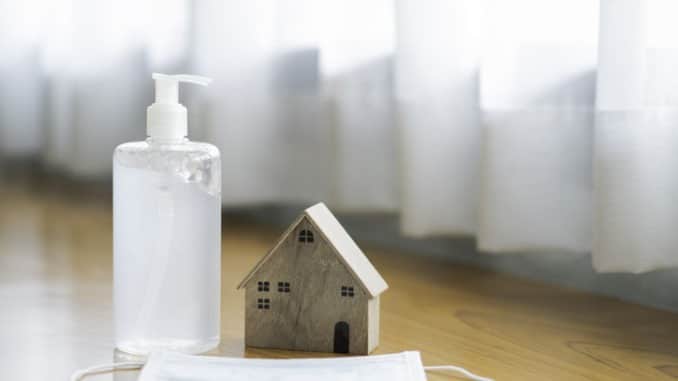
As reported by BBC news, more ways of supporting people to self-isolate in areas with higher coronavirus infection rates are to be piloted in nine parts of England
There will be “buddying” services for people needing mental health support and alternative accommodation for those in overcrowded homes. Social care support and translation services will also be available. It is hoped the schemes will encourage more people to get tested and self-isolate if required.
Health secretary Matt Hancock said this was “vital” in the fight against new COVID variants.
“Variants have the potential to be a Trojan horse for our hard won progress and it is more vital than ever that we do what we can to show them the exit door, following the rules and self-isolating when asked,” he said.
The areas that will receive funding from a £12m pot for the pilots are:
- Newham and Hackney in London
- Yorkshire and Humber
- Lancashire, Blackburn & Darwen, Blackpool
- Greater Manchester
- Cheshire and Merseyside
- Royal Borough of Kingston
- Peterborough, Fenland and South Holland
- Somerset
There will be language communications support for those who do not speak English as their first language, and social care support, such as increasing existing social care support for vulnerable adults.
Health secretary Matt Hancock said: “We recognise just how challenging self-isolation is for many people and these pilots will help us find the best ways to support people and making it easier for everyone to keep doing their bit.”
However, people in pilot areas will not receive further financial support when self-isolating. Under current rules, a £500 grant has been made available in England to people on low incomes who have to self-isolate. Labour has been calling on the government to expand eligibility for this scheme.
The government is already backing a pilot across the Greater Manchester region with £2m of funding to assess ways of helping people self-isolate.
This includes “support and engagement teams” who work with households within 24 hours of a positive COVID test to develop a bespoke plan for self-isolation.
James Jamieson, chairman of the Local Government Association, said rapidly targeting local outbreaks was crucial to tackling the spread of the virus.
“These pilot schemes will provide further insight into what works best in supporting those who test positive and their contacts to do the right thing to protect themselves, their families and their wider communities,” he said.
People who have tested positive for coronavirus and those considered at risk of having been exposed to it must self-isolate.
This means staying at home and not leaving it – even to buy food, medicines or other essentials, or for exercise.
In other developments:
- Spain has lifted its restrictions on travellers from the United Kingdom, taking effect from Monday. However, the country is on the government’s amber list, with ministers saying people should not visit for holidays
- Northern Ireland is lifting the ban on indoor socialising, following rules which have already changed in England, Scotland and Wales. Among other changes, hospitality venues can serve customers indoors and up to six people from two households can meet in homes again
On Sunday, the government announced that 60.6 million first and second vaccine doses had been administered since 8 December.
The figure includes 37.9m people who have received a first dose – 72% of the UK population – and 22.6m have had both (43%).
The number of second doses administered in the UK hit a daily record on Saturday at 556,951.
Dr Jenny Harries, chief executive of the UK Health Security Agency, said the possibility of restrictions being eased on 21 June – as planned under the government’s road map out of lockdown – was “looking good”. But she urged the public to be cautious to avoid another lockdown, warning that the new Indian variant has become the “dominant strain” in some parts of the country.
Under the plans, from 21 June nightclubs would be allowed to reopen and restrictions on large events, such as festivals, would be lifted.
Prof Adam Finn, a member of the government’s Joint Committee on Vaccination and Immunisation, said there might be an “adjustment” to the lifting of restrictions on this date.
He told Times Radio on Sunday: “We’re effectively in a race with the vaccine programme against the virus.
“We know that we’re letting the virus out by spreading it about now, we know that we’re progressing well with the vaccine programme, but I think there’s going to need to be an adjustment of some sort.”


Be the first to comment